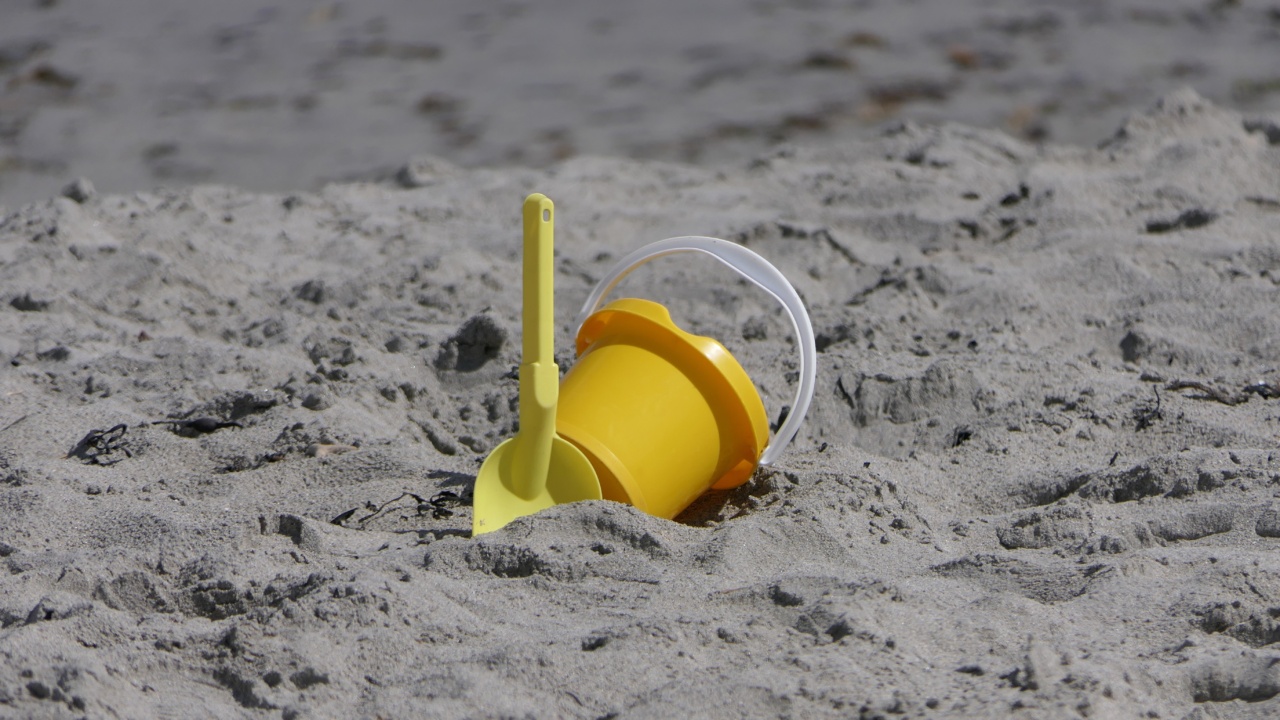Summer is a season of joy and outdoor activities. However, the warm weather also brings with it an increased risk of infections.
Whether you are lounging by the pool, enjoying a barbecue, or exploring nature, it’s important to take necessary precautions to protect yourself from infections. In this article, we will discuss six essential steps to avoid infections and ensure a healthy summer.
1. Stay Hydrated
Proper hydration is crucial, especially during the hot summer months. Dehydration weakens the immune system, making you more susceptible to infections. Make sure to drink plenty of water throughout the day, even if you don’t feel thirsty.
Carry a water bottle with you wherever you go, and avoid excessive consumption of sugary drinks or alcohol, as they can further dehydrate your body.
2. Protect Your Skin
Summer means spending more time outdoors, and sunburns can not only be painful but also damage your skin’s protective barrier, making it easier for bacteria and other pathogens to enter your body.
Always apply a broad-spectrum sunscreen with a high SPF before stepping out into the sun, even on cloudy days. Wear lightweight, loose-fitting clothing, and don’t forget to wear a wide-brimmed hat and sunglasses to shield yourself from harmful UV rays.
3. Avoid Foodborne Illnesses
The summer season often involves picnics, barbecues, and outdoor dining. While these activities can be fun, they also come with risks of foodborne illnesses.
To avoid infections from contaminated food, make sure to wash your hands thoroughly before eating or preparing meals. Keep perishable foods refrigerated until ready to eat and avoid leaving them out in the heat for long periods. Use separate cutting boards for raw meat and vegetables and cook all meats to their recommended internal temperatures.
4. Practice Proper Hygiene
Good hygiene practices are essential for preventing infections. Wash your hands frequently, especially before eating, after using the restroom, and after coming into contact with surfaces in public places.
Use soap and warm water, and scrub your hands for at least 20 seconds. If soap and water are not available, use a hand sanitizer that contains at least 60% alcohol. Avoid touching your face, as it can easily transfer bacteria and viruses from your hands into your body.
5. Be Cautious in Public Spaces
Summertime often means crowded public spaces, such as beaches, parks, and pools. These can be breeding grounds for infections if proper precautions are not taken. Avoid sharing personal items like towels, utensils, or water bottles with others.
Use disposable tissues or your elbow to cover your mouth and nose when coughing or sneezing, and encourage others to do the same. Maintain a safe distance from people who appear sick, and if you’re feeling unwell, it’s best to stay home and rest.
6. Stay Updated on Vaccinations
Before embarking on your summer adventures, ensure that you are up to date on all the necessary vaccinations.
Vaccines help protect against various infections, including those that are more common during the summer season, such as tick-borne diseases and certain types of food poisoning. Consult with your healthcare provider to understand which vaccinations are recommended for your destination and personal health history.
Conclusion
Enjoying a healthy and infection-free summer is possible by implementing these six simple steps. Stay hydrated, protect your skin from sunburns, practice good hygiene habits, be cautious in public spaces, and ensure you have the necessary vaccinations.
By following these guidelines, you can fully embrace the joys of summer while minimizing the risk of infections. Remember, a little prevention can go a long way in maintaining your overall health and well-being.






























